In a whirlwind weekend of marsh-hellowing censorship related issues, authors such as Roald Dahl (and his children’s books) and Ian Fleming (Bond, James Bond) steeled against the upcoming storm of having their words rewritten to suit the politically correct language of the present day. While Dahl books such as James and the Giant Peach, Charlie and the Chocolate Factory and Matilda would be stripped of their racial and sexist stereotypes, their Antisemitism and their insensitivity to matters of weight, Fleming’s Bond books are set to remove all anti-Black sentiment (but, oddly enough no word yet regarding 007’s rampant misogyny, anti-Asian and anti-LGBTQ+ tropes) in time for the April celebration marking 70 years since the start of his series with Casino Royale.
The kneejerk reaction to any form of censorship is to freak the fuck out. How dare publishing houses pare down and reshape the so-called great and untouchable words of the masters in the name of political correctness and righting the wrongs of language. Who is he, she or they that they can take on WORDS set in STONE.
The thing is, in all honesty, these words WEREN”T set in stone, and, theoretically are as malleable as time and space. Attitudes toward non-Caucasian races, women, and the LGBTQ+ should never have been antagonistic to begin with, and – today – there is an opportunity to right all wrongs, and make language inclusive for everyone. An opportunity for everyone to enjoy a book is a right, a privilege and a pleasure.
What is next to be censored is a big question with all of this current scarlet lettering.
That said, are there no rights for an author – especially those who can no longer speak for themselves in death and to matters of censorship – in which to be an asshole if she, he or they choose? And is it not important to record history’s record of messy language and its often-hateful tropes?
In a feature written by Louis Chilton in The Independent, the author states that, “Artists have a right to the creative integrity of their work, even when the work is disagreeable; Dahl and Fleming, both long dead, are unable to consent to the changes. There is an argument to be made that softening the unpleasant edges of these books is an act of erasure, or even historical denialism. Consider, in contrast, the disclaimer that Warner Bros has long shown before outdated episodes of Looney Tunes, which ends: “While these cartoons do not represent today’s society, they are being presented as they were originally created, because to do otherwise would be the same as claiming these prejudices never existed.”
Chilton goes on to write that “the decision to rewrite passages from Fleming and Dahl’s work attests to a complete unwillingness to engage with problematic art on its own terms. Dahl’s bigotry is not some disposable accoutrement to his writing; it is part of his holistic worldview, something that both informs and contradicts other parts of his work. His books are lauded for their dark and misanthropic stories. Why do we cherish them? What does that say about us? De-fang-ing his writing of offensive material promises to absolve the reader of these sort of questions. In the modern era, a piece of art must not simply be good; it must also be morally upright and unproblematic. Art doesn’t work this way. It never has.”
Then there is stand-up comedian, filmmaker and co-creator of the original UK iteration of The Office, Ricky Gervais, who Tweeted this out over the weekend: “This is me pondering whether they’ll change any of the words I’ve used in my work after I’m dead, to spare those who are fragile and easily offended. Words like ‘fat’ and ‘ugly’. And ‘c***’ and ‘f**k’. And ‘fat, ugly, greedy, pathetic little stupid f**king c***’. Stuff like that.”
Gervais has, in the past, questioned whether or not his Office series with its smartly smarmy lampooning of racist tropes and misogyny would have been able to have been filmed in the present day.
In both the case of Fleming and Dahl, there is the whiff of profitability and financial gain through such edited repackaging. The entire James Bond oeuvre will be given an overhaul – again, with no mention of re-writing its rampant sexism, homophobia and anti-Asian sentiment – in time to celebrate Ian Fleming’s greatest creation at a time when the value of spying is at an all-time high. Can the 1960s, 70s and 80s films of Bond (really everything up through the newest 007 film where a tenderly respectful Daniel Craig dies for the sake of Bond’s future) be very far behind?
As for Dahl – an author who once told his publishers that he would send them an “enormous crocodile” to “gobble them up” if they ever dared to change his words – his rights’ holders and current publishers will play both sides against the middle when it produces new volumes of his work under the “Roald Dahl Classics Collection” by offering both the original text where words of his such as “ugly,” “fat” and “crazy” will still exist next to newly-re-edited and re-written editions. Now, in the new version of Dahl’s Charlie and the Chocolate Factory, Augustus Gloop is described as “enormous” instead of “enormously fat.”
Going back to Dahl’s “crocodile” remark, this stems from The Guardian’s discovery of a transcript regarding his “The Enormous Crocodile,” about a giant crocodile that eats kids, and how “we eat little boys and girls” was changed to “we eat little children.”
Dahl had warned his publishers that, “if they later on so much as change a single comma in one of my books, they will never see another word from me… When I am gone, if that happens, then I’ll wish mighty Thor knocks very hard on their heads with his Mjolnir. Or I will send along the ‘enormous crocodile’ to gobble them up.”
In this case, it is perhaps profit and not beneficence or social conscience that has guided Dahl’s current publishers.
Bring out the crocodiles.
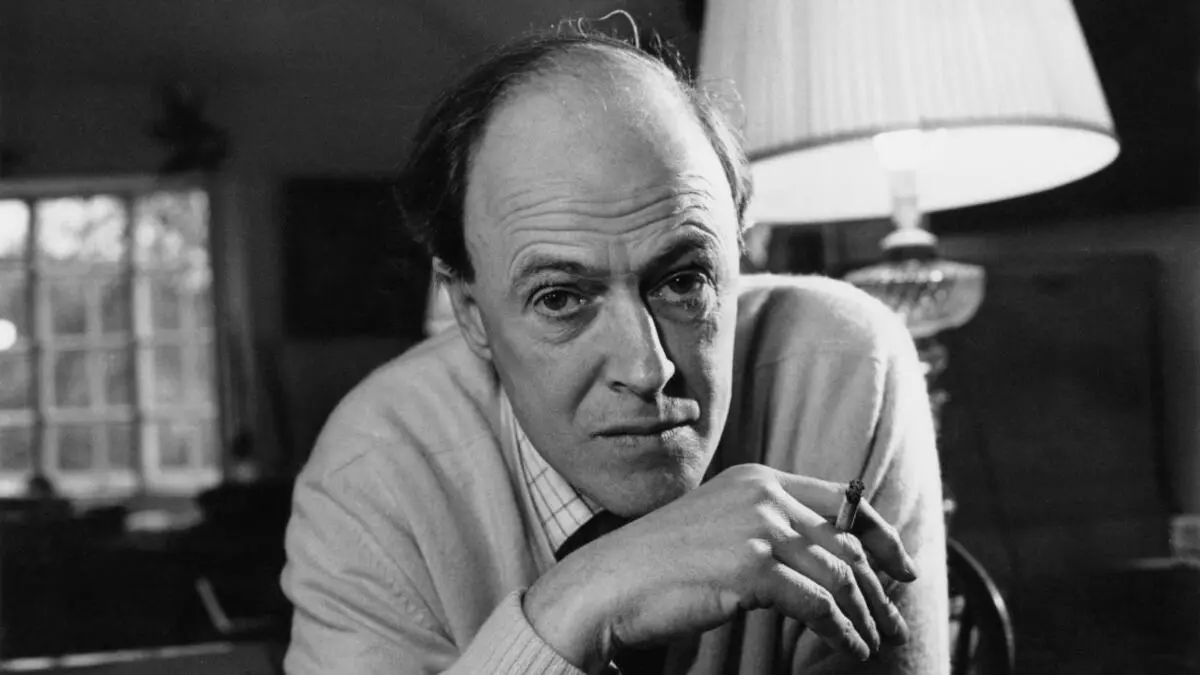
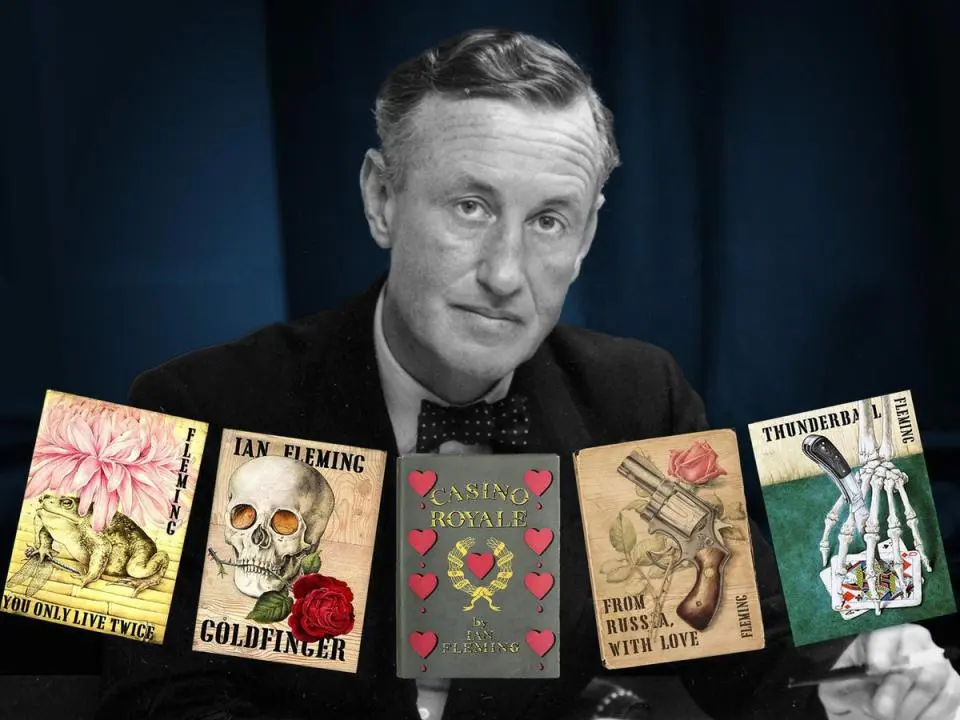
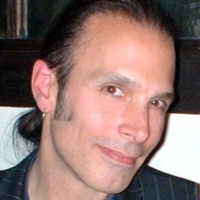
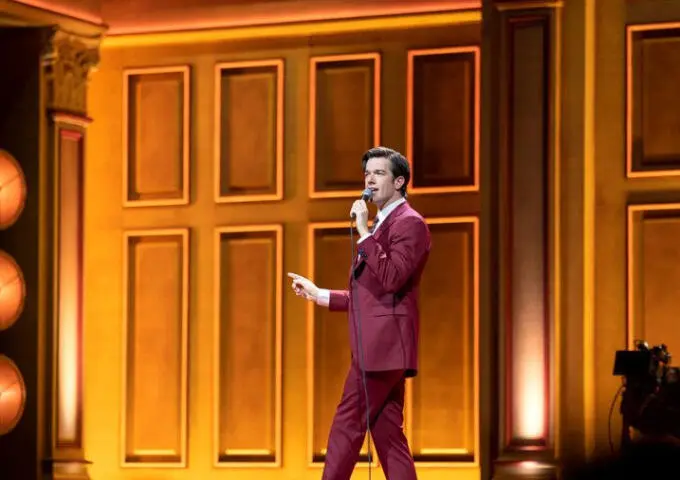
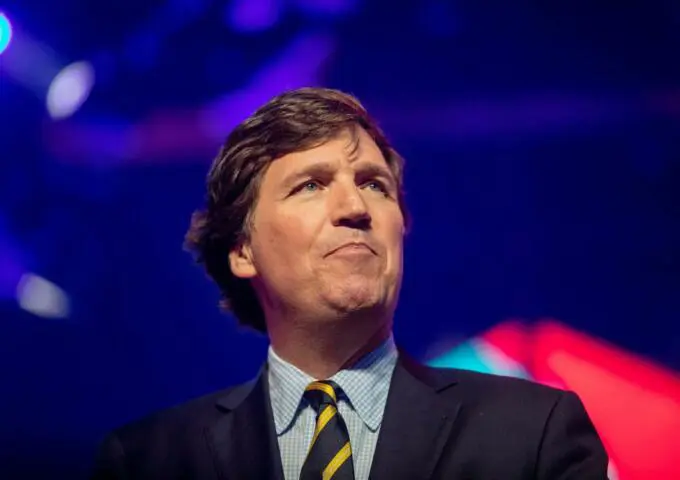
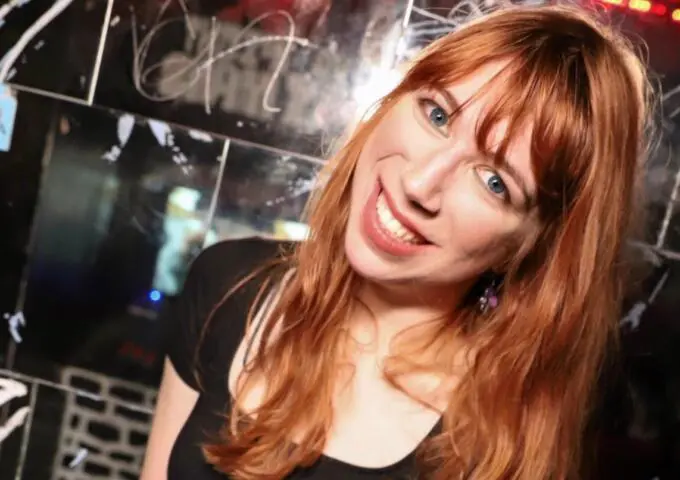
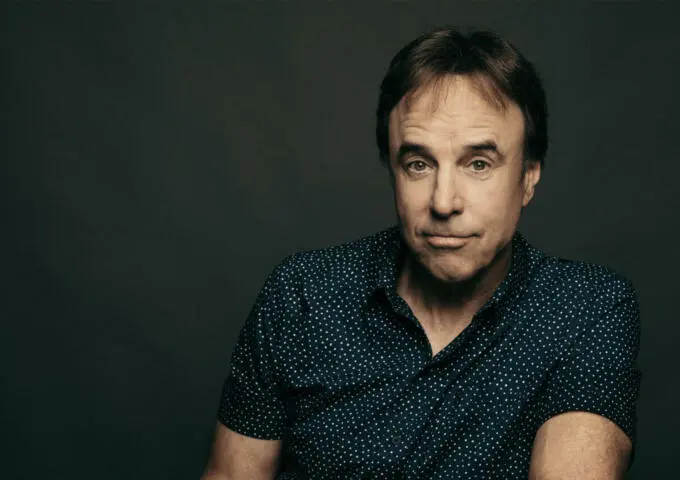
Leave a Reply